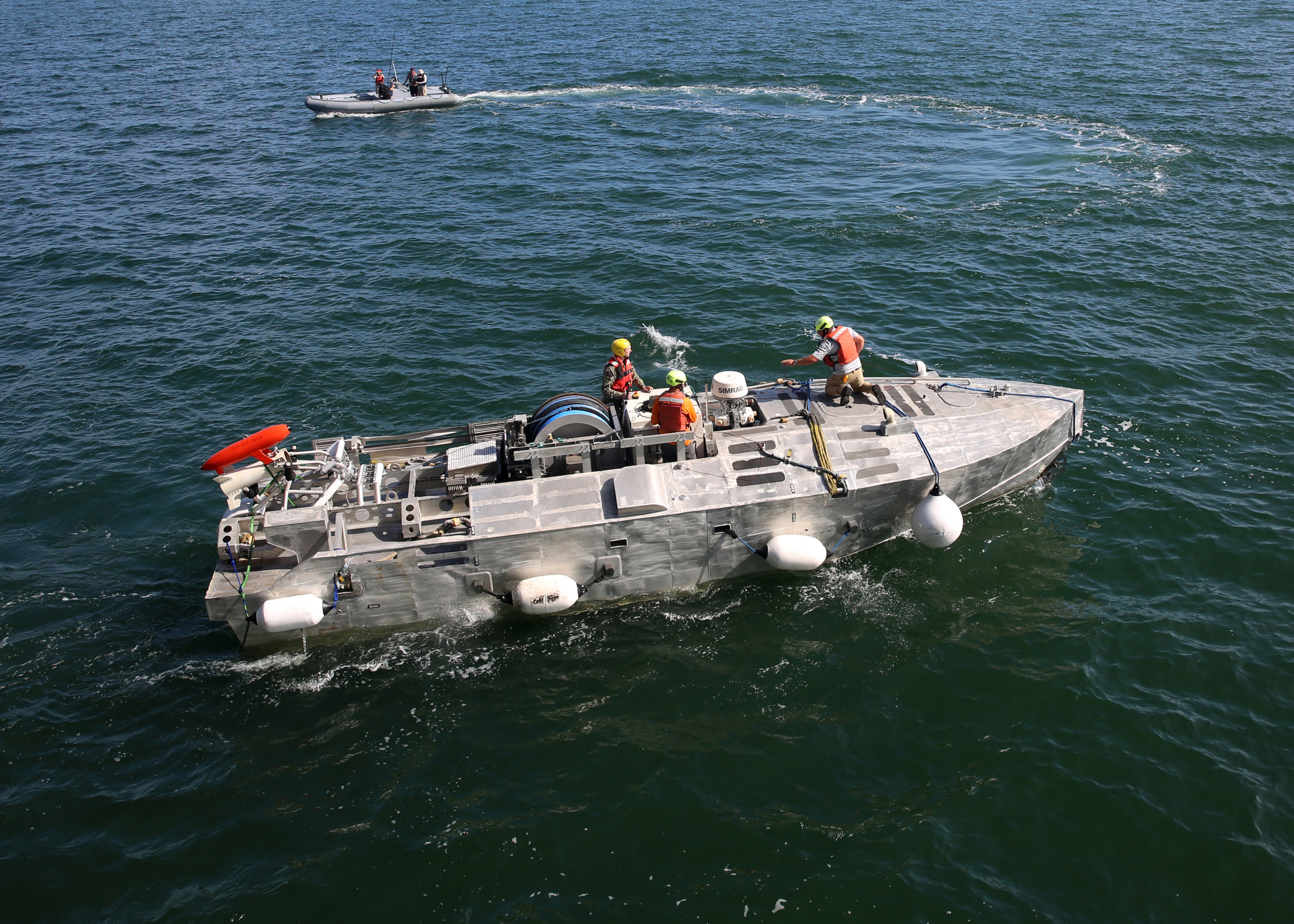



The Pentagon's Replicator program, aimed at countering China's military capabilities by developing thousands of drones, is facing criticism from lawmakers and industry leaders. The program, announced in August, lacked clarity on its plan and funding [ba48443b]. Deputy Defense Secretary Kathleen Hicks initially stated that the initiative would not require new money as it would draw from existing programs. However, she later acknowledged that the budget for fiscal year 2025 would be needed [3e943b73].
Lawmakers are demanding more precise definitions and funding details before approving the program. In response, the Pentagon has revealed that the Replicator program will cost about $500 million annually [d9a19d25]. The Pentagon plans to spend $500 million in fiscal years 2024 and 2025 on the program, which aims to network and task thousands of cheap, smart combat drones for future conflicts. The funding for the program in 2024 could come from reprogramming or earmarked funds in the 2024 appropriations bill. The Pentagon's Chief Financial Officer, Mike McCord, stated that reprogramming may not be necessary in 2025 as it is proposed in the budget [d9a19d25].
Tech companies in Silicon Valley, which the Defense Department has looked to for help, are hesitant to invest in drone production without clear orders and delivery schedules. The lack of a process for tech companies to apply for the program and the absence of funding attached to the initial announcement have also been criticized. Despite the criticisms, Hicks remains optimistic about the program's future [ba48443b][3e943b73].
The Pentagon is embarking on a $1 billion program to build an armada of remote-controlled killer sea drones as part of the Replicator Initiative. The initiative aims to build thousands of autonomous war-ready vehicles to deter conflict and fight and win wars. The Department of Defense will request $500 million for Replicator this fiscal year and another half billion dollars in the budget for fiscal year 2025. The Defense Innovation Unit is also working on software to enable swarms of surface and airborne drones to seek out targets on their own. Admiral Samuel Paparo warns that China's military buildup and exercises around Taiwan could lead to a profound military operation with little notice. Taiwan aims to develop its own fleet of sea drones to enhance its defensive posture against threats from China [c228be76].